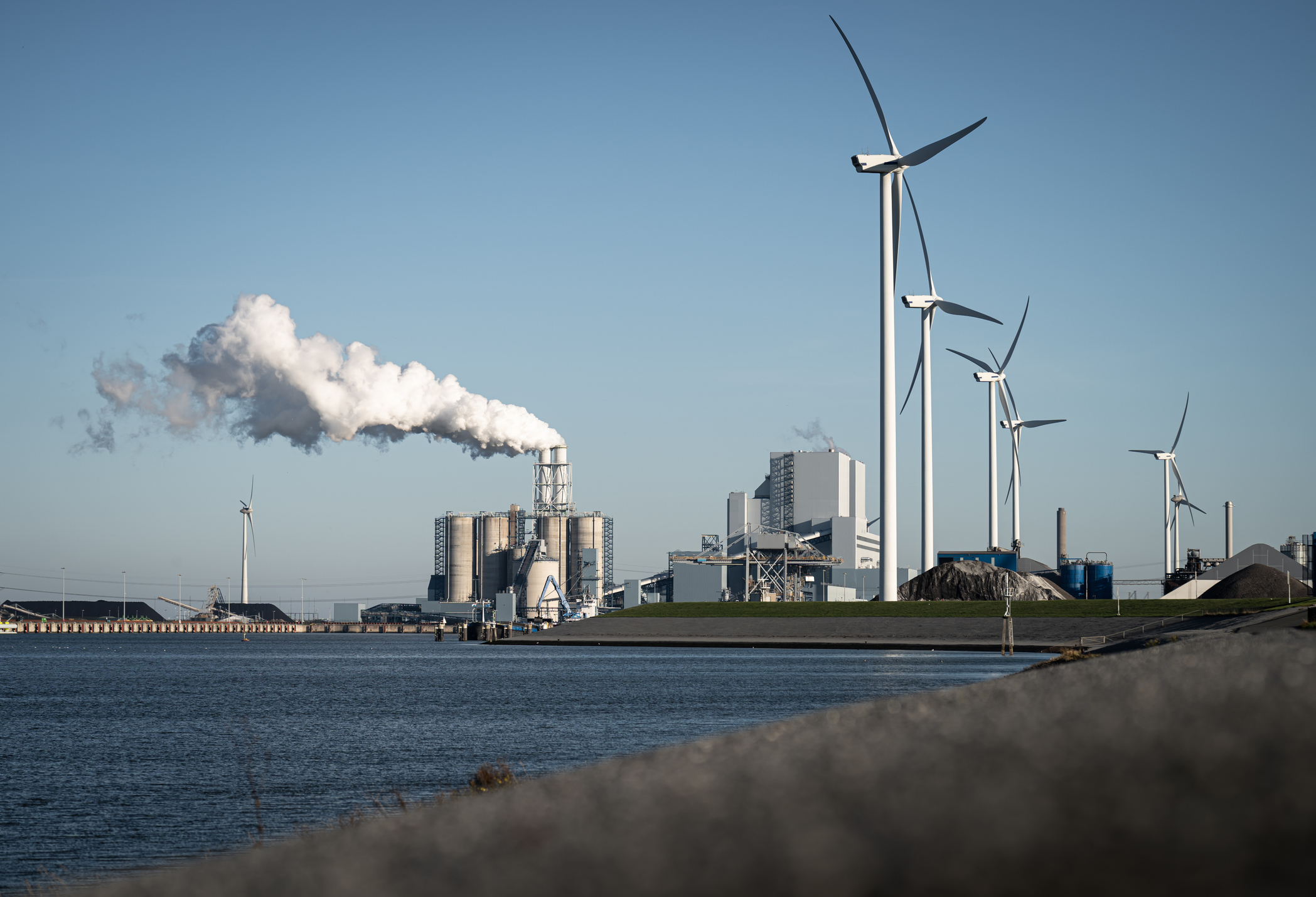Conservative governments in the UK have a strong record on emissions reduction — in the last thirteen years emissions have decreased by 30%. Yet some international figures have questioned our climate commitment following the prime minister’s recent speech on a pragmatic, proportionate approach to net zero.
In the run up to COP28, I hope the government is looking for opportunities to showcase our environmental achievements internationally and reassure the international community that we remain committed to hitting our targets. It could do that by leaving the Energy Charter Treaty.
International leadership on the environment matters. The UK’s leadership of COP26 in Glasgow is a prime example. Before the UK took on the presidency, 30% of the world’s economies were covered by net zero target. By the time our presidency concluded, that stood at 90%. The UK only contributes 1% of global emissions, so we can’t do this alone. We’ve seen the difference that can be made when this country shows leadership; we must continue to do that at COP28.
On the energy transition, however, it is the UK that currently risks falling behind. As other countries begin to exit the Energy Charter Treaty, the government is missing an opportunity to remain at the front of the pack.


Originally intended to increase cooperation on energy investments for former Soviet states in the 1990s, the Energy Charter Treaty allows fossil fuel investors to sue governments that disadvantage their investments. It has now become out of date due to the lack of reference to climate targets, making it harder for member states to implement ambitious clean energy policies. As a Vice Chair of the Environment All-Party Parliamentary Group, I have also heard from think tanks and experts at a recent meeting why the treaty doesn’t align with the Paris Agreement.
To achieve the government’s 2035 power decarbonisation target, the UK can’t afford to have policies that will deter private finance into clean energy. Investor certainty will be crucial to ramping up British wind and solar at lowest cost to the taxpayer, especially at a time of high interest rates. Indeed, the Ukraine war has caused energy bills to skyrocket; the government must ensure that homes and businesses have a secure supply of energy that is also affordable.
The proportion of our electricity generated by renewables has increased sevenfold under the Conservatives and nearly half of the UK’s electricity in the first quarter of 2023 came from renewables, compared to just 6.8% in 2010. Britain is also home to the world’s five largest offshore wind farms. The government’s support scheme for renewables has recently been expanded to ensure that more projects can be built in the UK. Along with colleagues from the Conservative Environment Network, this was something I campaigned on, given the potential benefits to my North Devon constituents from developing a floating offshore wind industry around the Celtic Sea. The announcement was widely welcomed by industry.
More positive news for industry came in the autumn statement. Full expensing, a tax break for investment in plant and machinery, was made permanent. This gives long term certainty to manufacturers investing in the UK, which is particularly important for net zero industries that tend to be capital intensive. The chancellor also set out his plan to support clean manufacturing with £960 million of funding between 2025 and 2030. I was also pleased to see support for upgrading ports, which will benefit coastal communities like my own constituency. We should not undermine this progress by remaining a member of the Energy Charter Treaty.
Staying part of the treaty also leaves current taxpayer money at risk. As of 1st May 2023, 158 lawsuits have been filed against member countries. For example, London-based oil company Rockhopper sued the Italian government over Italy’s ban on offshore oil drilling. Rockhopper was awarded £210 million, more than six times their investment in the project.
France, Germany, and Poland will exit the agreement in a few weeks’ time. Other countries have signalled their intent to leave. The EU has even suggested a bloc-wide withdrawal. The British government has reviewed our membership and suggested that modernisation of the treaty is what’s needed.
A modernised treaty would need to have a stronger climate focus, making clear that member countries can set emissions reduction targets. Proposals also suggested new protections for low-carbon technologies, such as carbon capture and storage and hydrogen. Last year’s conference of the treaty failed to pass these proposals. The same happened again just last week. The door has closed on modernisation.
As other economies seize the clean energy investment opportunities outside of the treaty, the UK risks being left behind, beholden to an international agreement that is no longer fit for purpose. We need to chart our own path. Now treaty modernisation is dead, it is crucial we can exercise our sovereignty to ramp up clean energy deployment and reduce demand for fossil fuels to make ourselves energy secure. I believe the UK should announce its withdrawal from the Energy Charter Treaty.
Politics.co.uk is the UK’s leading digital-only political website, providing comprehensive coverage of UK politics. Subscribe to our daily newsletter here.

